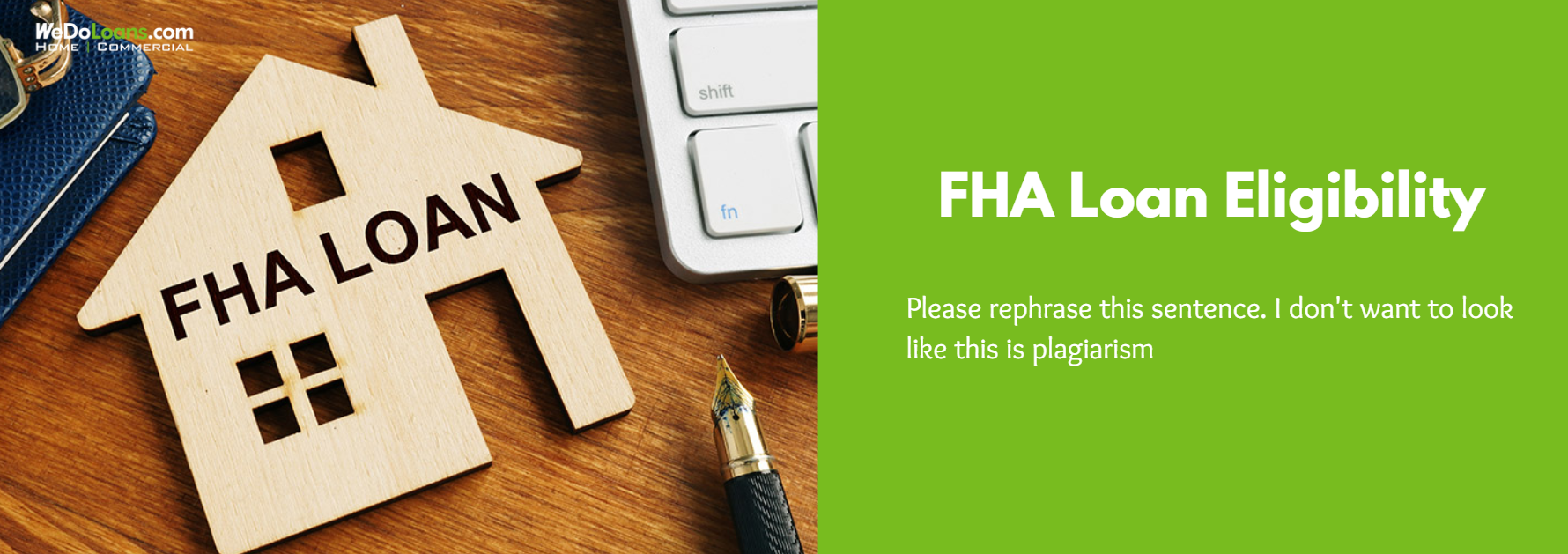
Understanding FHA Loans
An FHA loan is a government-backed mortgage product insured by the Federal Housing Administration. While private lenders issue these loans, they are protected by federal insurance, which helps lower the lending risk. FHA loans are attractive to qualified borrowers due to their lenient credit criteria and potentially lower interest rates.
Available FHA Loan Types
Before determining your eligibility, it’s helpful to understand the different FHA loan options:
- FHA 223(f) Loans
- FHA 223(a)(7) Loans
- FHA 221(d)(4) Loans
- FHA 241(a) Loans
- FHA 232 / 223(a)(7) Loans
- FHA 242 Loans
Here’s an overview of what each of these loans offers:
FHA 223(f) Loan
This loan is designed for purchasing or refinancing existing multifamily rental properties. Eligible properties typically have at least five residential units, each with full kitchen and bathroom facilities. These loans are not meant for extensive renovations but for properties in solid condition.
Both for-profit and nonprofit organizations can qualify. There are no restrictions on tenant occupancy types.
FHA 223(a)(7) Loan
This loan option allows borrowers to refinance existing FHA-insured or HUD-held loans tied to the Multifamily Assisted Housing Reform and Affordability Act (MAHRA).
It helps extend loan terms—up to 12 years beyond the original term, though not exceeding 75% of the property’s remaining useful life. The goal is to lower monthly debt obligations by securing better interest rates and extended repayment terms, ultimately improving cash flow.
Both nonprofit and for-profit entities can apply, but this loan is exclusive to MAHRA properties.
FHA 221(d)(4) Loan
This program supports the construction or substantial renovation of multifamily rental housing, including cooperative housing for low-to-moderate income families, seniors, and individuals with disabilities. Single Room Occupancy (SRO) properties also qualify.
The loan offers up to 40-year financing, often through GNMA-backed securities. Eligible properties include detached homes, row houses, elevator buildings, and similar structures with at least five units. Applicants can range from public bodies to private investors and nonprofit organizations. There are no income caps, and the property may or may not be designated for special needs housing.
FHA 241(a) Loan
FHA 241(a) provides financing for upgrades, repairs, or additions to existing FHA-insured multifamily or healthcare properties. The funds may also cover energy efficiency improvements and equipment replacement.
This loan helps extend a property’s usefulness and competitiveness. It covers up to 90% of the improvement’s value, though it must fall within FHA insurable limits.
FHA 232 / 223(a)(7) Loan
This refinancing option targets senior care facilities, such as nursing homes and assisted living communities, originally financed with HUD 232 or 232/223(f) loans.
It allows for up to 40-year terms and 100% financing of eligible costs, which may include existing debt, prepayment penalties, reserves, and capital needs assessments. The streamlined process makes it attractive for improving financial performance.
FHA 242 Loan
The FHA 242 program insures loans for hospitals and healthcare facilities. Managed by the Office of Hospital Facilities (OHF), it supports the construction, expansion, or renovation of a broad range of hospital types, including public, nonprofit, and for-profit institutions.
These loans can cover real estate, equipment, and refinancing costs. FHA insures up to 99% of the loan with no down payment required. There’s no cap on the loan amount, with a maximum loan-to-value of 90%.
Important Considerations for FHA Loan Eligibility
FHA loan qualification is subject to HUD’s rules and specific requirements based on the loan type. Key factors include:
- The property type and its intended use
- The nature of the borrower (e.g., nonprofit, investor, public agency)
- The target tenants or users of the property
What Are the FHA Loan Requirements?
Each FHA loan program has its own eligibility criteria. These might involve:
- Property requirements (e.g., minimum unit count, structure type, condition)
- Borrower qualifications (e.g., type of organization)
- Location or purpose-based restrictions
- Loan amount limits (minimums and maximums)
Understanding these requirements can help determine which FHA loan is the right match for your real estate project or investment strategy.
